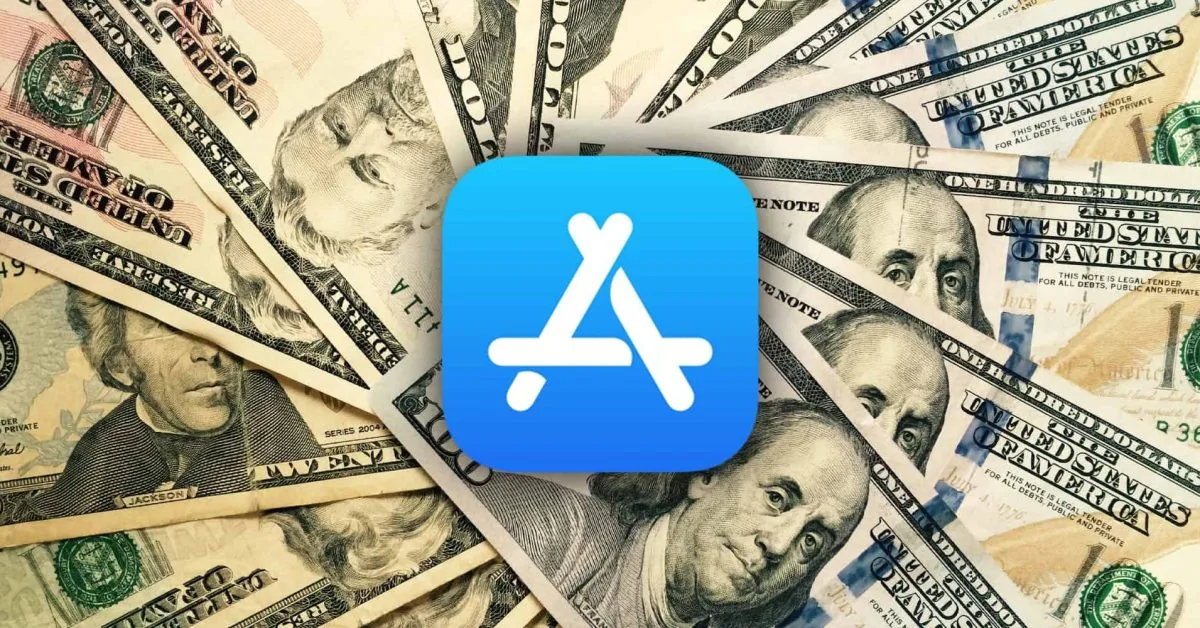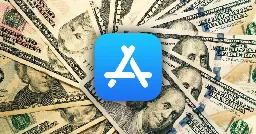Apple says third-party app marketplace creators must have €1,000,000 'letter of credit'
Apple says third-party app marketplace creators must have €1,000,000 'letter of credit'

Apple says third-party app marketplace creators must have €1,000,000 'letter of credit' - 9to5Mac

